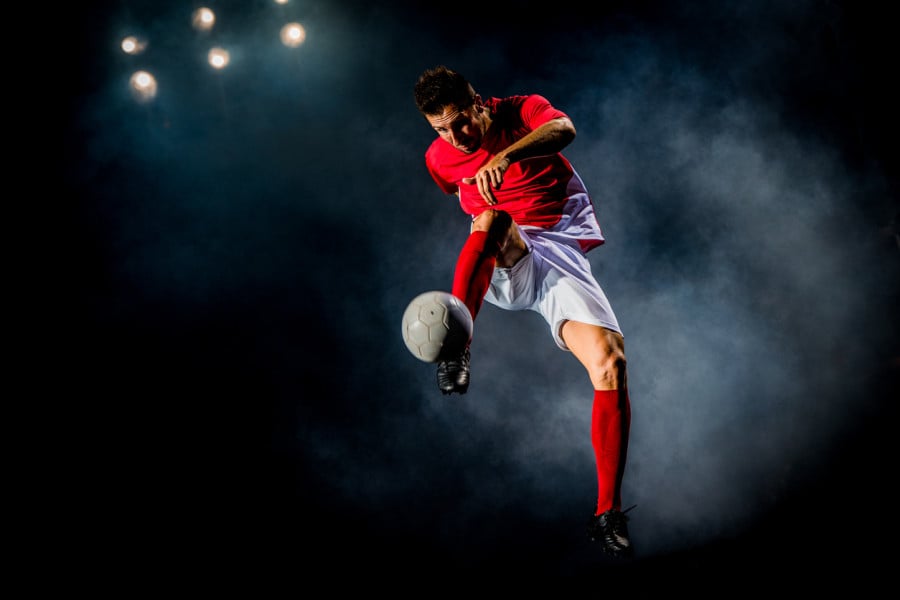How To Use ‘Variable Sell-On Clauses’ In Football Transfers After Arsenal’s Win At CAS

As the clock ticked towards 11pm on deadline day during January’s recent transfer window, dealmakers and lawyers were no doubt furiously finalising transfer terms.
When it comes to deciding whether to cash in on players who could go on to achieve big things, savvy clubs may include a ‘sell-on clause’ in their transfer agreement to help capture any significant gain in the player’s future value. This practice has raised eyebrows at FIFA, who are concerned that ‘variable sell-on clauses’ (explained below) may breach their regulations against third party influence. Indeed, FIFA's Disciplinary Committee ruled as much in a case against Premier League team Arsenal FC, involving variable sell-on clauses in the transfer agreements of two ex-Arsenal players in 2018 (for full background to the case, please see this LawInSport article1).
Observant club lawyers, however, will have breathed a sigh of relief after Arsenal successfully appealed their case to the Court of Arbitration for Sport (CAS) last summer. This article briefly recaps FIFA’s rules on third party influence and how variable sell-on clauses work, before considering what the CAS Panel’s recently published decision in the Arsenal case (and a similar ruling involving Real Madrid) mean for the drafting of transfer agreements going forward.
Specifically, it looks at:
To continue reading or watching login or register here
Already a member? Sign in
Get access to all of the expert analysis and commentary at LawInSport including articles, webinars, conference videos and podcast transcripts. Find out more here.
- Tags: Arsenal | CAS | Contract Law | Dispute Resolution | FIFA | FIFA Appeal Committee | FIFA Disciplinary Committee | Football | Real Madrid | Regulation | Transfer Agreements | Variable Clauses
Related Articles
- Third Party Ownership – a Brazilian perspective
- Five top tips to help understand the FIFA Appeal Committee and its procedures
- How FIFA TMS investigations increase transparency and accountability in international football transfers
- Third-party influence in player's transfer agreement found to breach FIFA regs: Palmeiras v FIFA
- Breach or Bad Luck? Arsenal's Fight For Variable Sell-On Clauses In Transfer Agreements
Written by
Jason Shardlow-Wrest
Jason is an English law-qualified dispute resolution lawyer and Managing Associate at Linklaters. He has a broad practice in litigation matters, including advising domestic and international clients on complex and high value commercial and competition litigation issues. His experience in sports includes advising a number of different sporting stakeholders on wide-ranging issues, including matters of competition law, as well as the application and interpretation of broadcasting contracts in the context of COVID-19.




